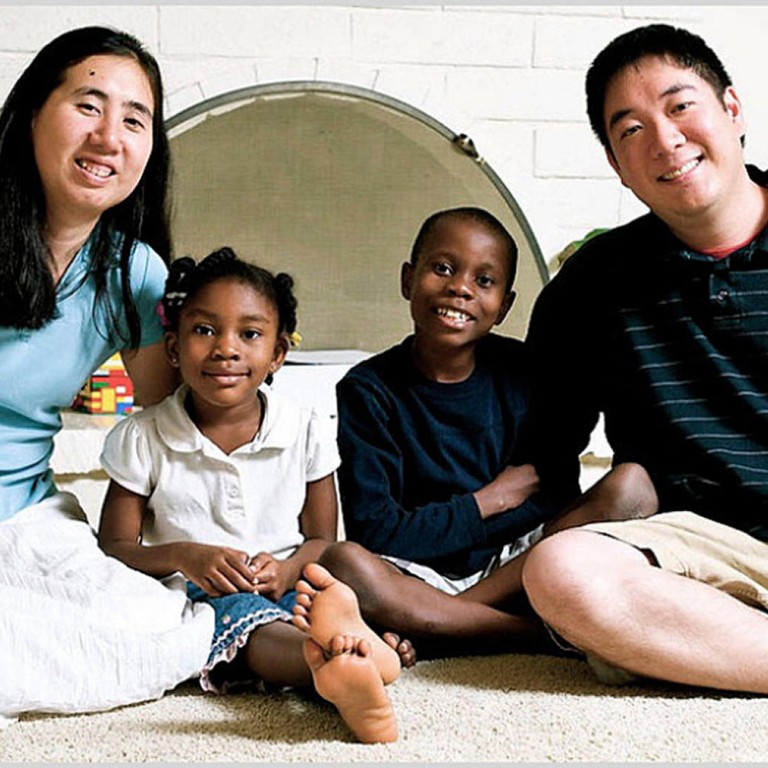
Adopted girl 'starved to death by parents', say Qatar police
US couple facing death penalty in Qatar are being targeted partly because they are Chinese and their children are black, say advocates
A Los Angeles couple are facing the death penalty in Qatar, accused of murdering their eight-year-old daughter by starving her to death.
Advocates for the couple suspect they are being targeted by police partly because they are of Chinese ethnicity and their adopted children are black, leading to far-fetched suspicions of organ trafficking or some other nefarious practice.
Matthew and Grace Huang were arrested in Qatar soon after their daughter, Gloria, died in January, said Alex Simpson, associate director of the non-profit California Innocence Project. The Huangs adopted the child from Ghana when she was four.
The couple's two other children, also adopted from Africa, have been banned from leaving the country and are being cared for by their grandmother, who is living with them there.
The Qatar embassy did not return requests for comment.
The Huangs moved to Qatar last year when Matthew Huang got a job as an engineer on two major infrastructure projects associated with improvements for the 2022 World Cup.
Their daughter, who was severely malnourished in early childhood, would periodically refuse food for several days and then binge or get food from bizarre sources, such as rubbish bins or from strangers.
It's behaviour her parents traced to her impoverished upbringing and they were trying to address it.
She would also try to leave the house at night in search of food and pick through the medicine cabinet on late-night binges, according to a report prepared in the US by Janice Ophoven, a paediatric forensic psychologist who reviewed the case for the family. The behaviour is not uncommon in adopted children who have suffered from severe malnutrition in their past, the report says.
Gloria, who was slight for her age, had also been treated for an intestinal parasite, and recent blood tests had showed severely low levels of a certain type of white blood cell that could have been a sign of an underlying bone marrow condition, as well as a vitamin D deficiency.
When Gloria died, she was in an anorexic episode and had not eaten for at least four days, Ophoven wrote in her report.
A Qatari doctor who conducted Gloria's autopsy found that the child's hips, ribs and spine protruded and concluded the cause of death was dehydration and wasting disease.
Supporters in the US say those diagnoses aren't possible and don't take into account the child's long history of eating disorders and malnourishment that caused lifelong health concerns, as well as recent blood work.
In addition, the unconventional family - an American couple of Asian descent with three black children - may have also complicated the situation because Qatari officials were unfamiliar with US international adoptions, said Simpson, whose organisation is one of several assisting the family.
A Qatari police report raised questions about why the Huangs would adopt children who did not share their "hereditary traits" and raised concerns that the children were part of a human trafficking operation or were "bought" for organ harvesting.
"That's a fairly uncommon thing in any culture and that may have contributed to it and to the concern that something untoward and nefarious was going on," Simpson said.
The California Innocence Project is housed at the San Diego-based California Western School of Law and works to free wrongfully convicted inmates. The group, founded in 1999, is one of 48 loosely affiliated Innocence Projects nationwide in the Innocence Network.
